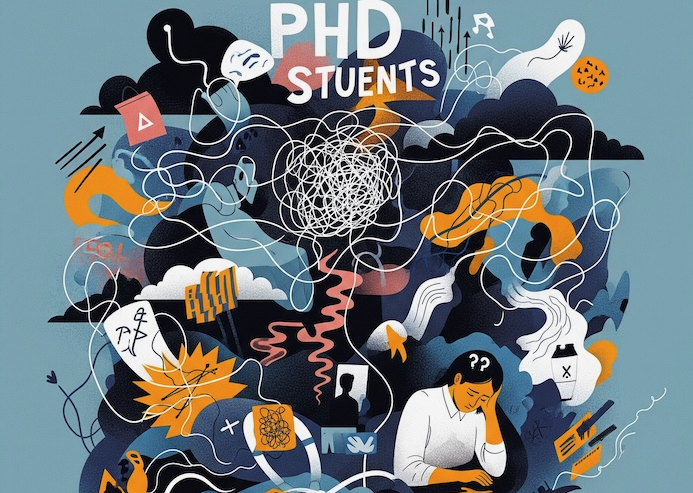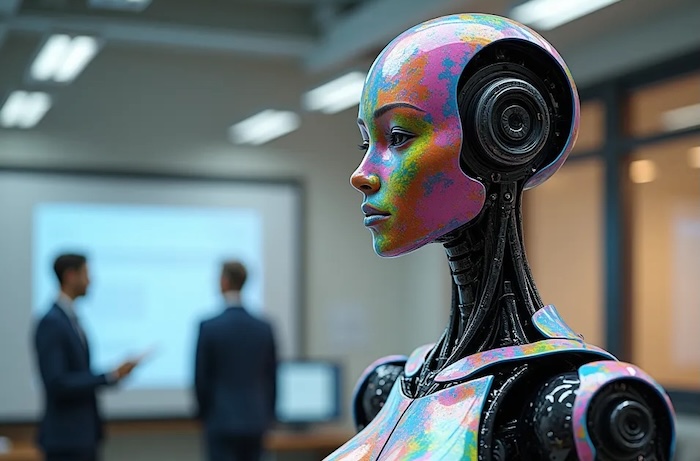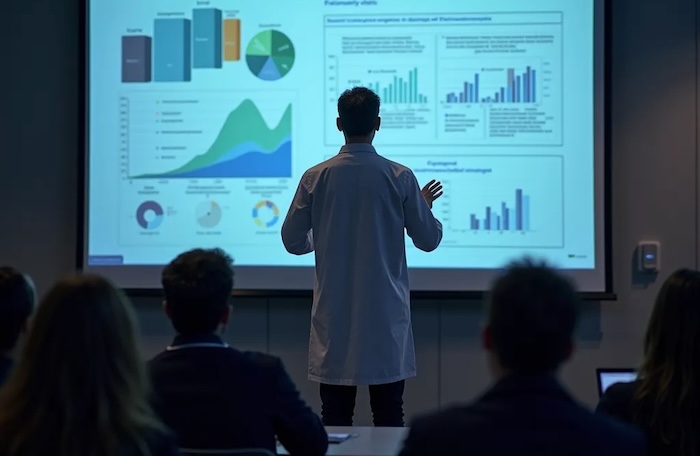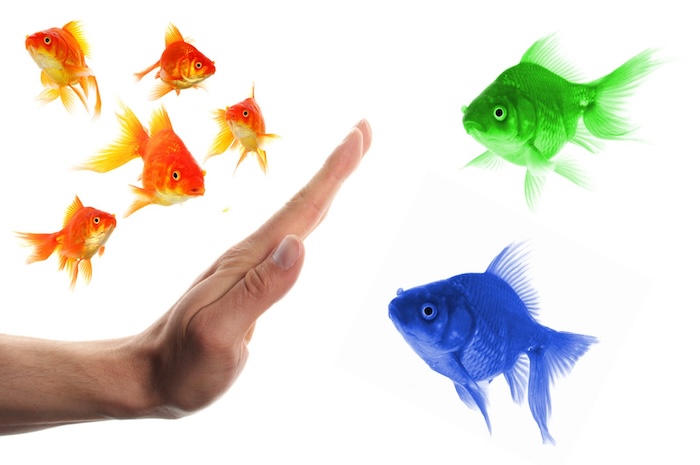Scientific Publishing and the Rise of Sci-Hub and Other Shadow Libraries

Scientific knowledge is the driving force behind human progress. From medical breakthroughs to technological innovations, the collective work of researchers builds upon a shared foundation of discovery. Yet, a profound paradox lies at the heart of modern science: a vast portion of this knowledge, often generated with public funds, is locked behind prohibitively expensive paywalls. This creates a fundamental tension between the for-profit business models of a handful of major scientific publishers and the global research community's foundational need for open, equitable access to information. Read more








